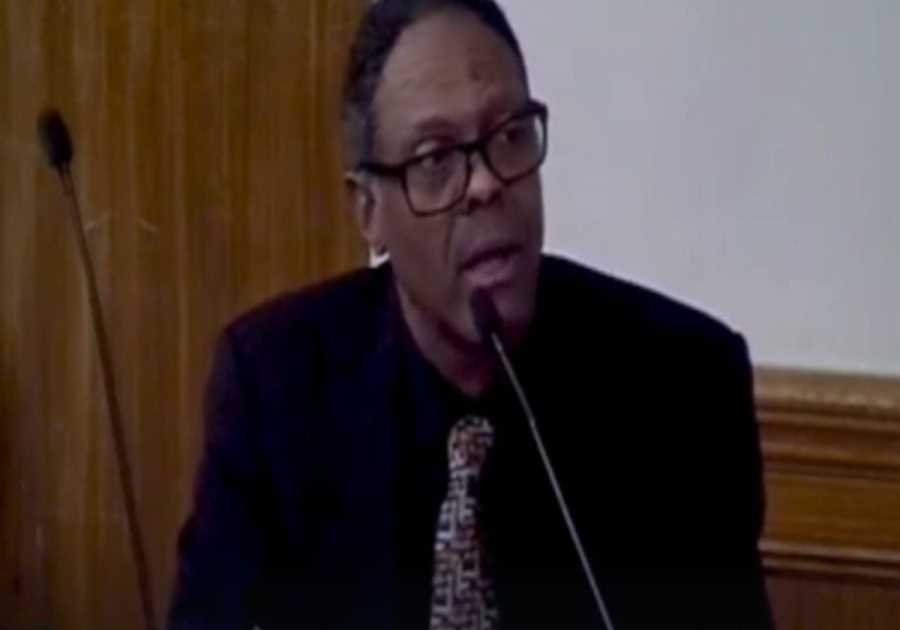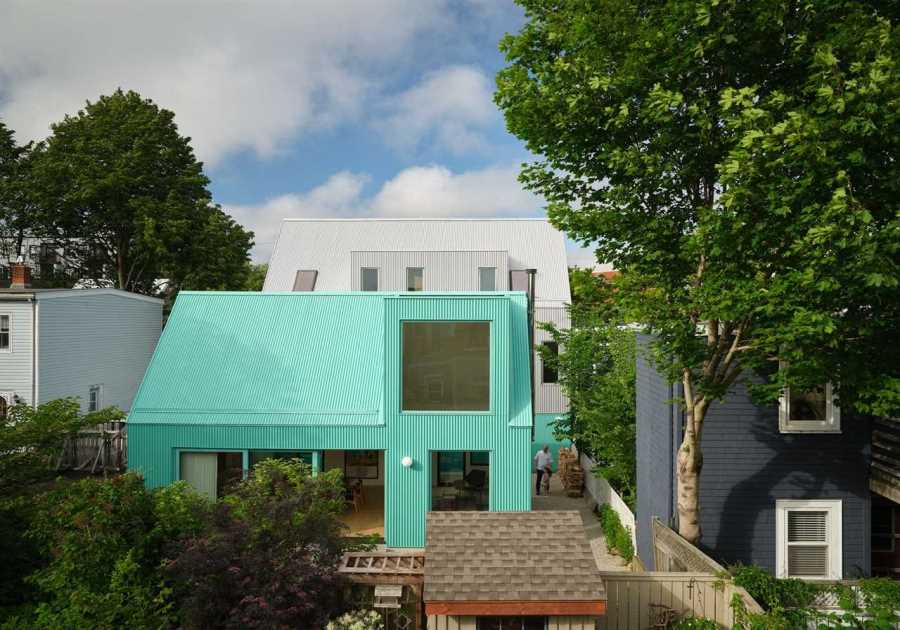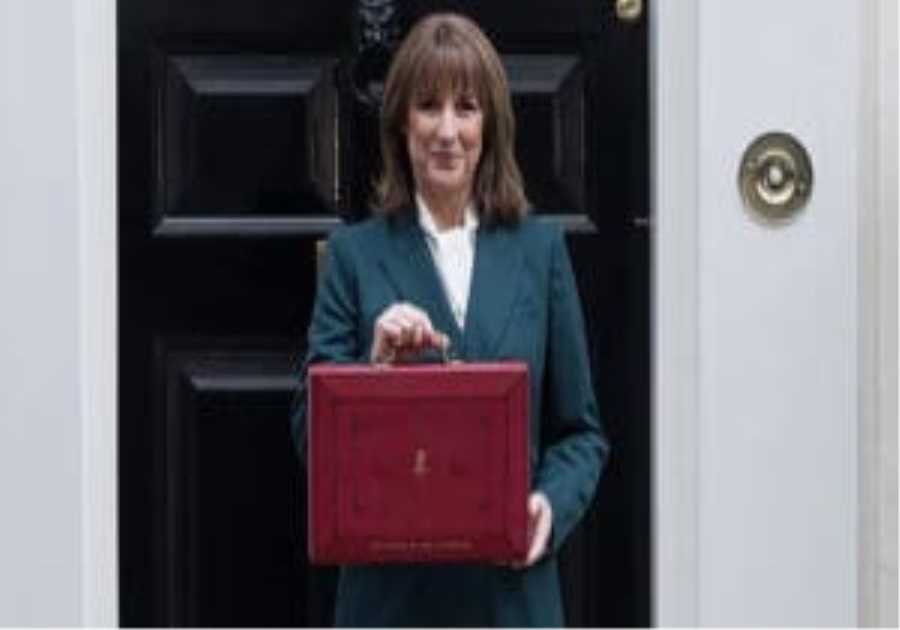Nicholas Kamm/Getty Images
- Bicyclists from all over the country came to DC this week to lobby Congress.
- They're asking for e-bike tax credits and road safety funding, among other things.
- US roads have gotten much deadlier in recent years as biking has boomed.
Dorian Grilley was biking in a crosswalk when he was hit by a car making a right turn in Oakdale, Minnesota in 2011.
The driver got a $500 ticket for careless driving and Grilley was hospitalized for three weeks with a broken neck. Nearly five months and several surgeries later, he was cross-country skiing again and back at work as the director of the Bicycle Alliance of Minnesota.
"It added quite a bit of additional motivation to my job," Grilley said, but he added that it hardly deterred him from his decades-long devotion to cycling. "I fully realize that the benefits of leading an active life are much greater than the risks."
He's brought that message to Minnesota and federal lawmakers as part of his pro-bicycle advocacy for the last 20 years.
This week, bike advocates from all 50 states descended on DC as part of the League of American Bicyclists' National Bike Summit. They asked for a new source of federal funding for biking and pedestrian safety measures through the Sarah Langenkamp Active Transportation Act, and requested Congress research truck side guards, which can prevent cyclists, pedestrians, and cars from being swept underneath them in an accident. They also called for tax credits for the purchase of electric bikes through the E-BIKE Act.
One of the lawmakers Grilley has worked with over the years, Minnesota Rep. Ilhan Omar, didn't know how to ride a bike when she first met him as a newly-elected state representative.
"We went to lobby her at the Minnesota Capitol and she says, 'I'll do whatever you want, but can you do me a favor? My kids tease me — please teach me how to ride a bike,'" Grilley said.
Omar didn't end up taking Grilley's team up on their offer of adult bicycling classes, but she's a staunch supporter of biking, particularly as a way to lower carbon emissions.
"I'm proud that the city of Minneapolis in my district is regularly ranked as the most bikeable city in the country, and will continue to support federal support for e-bikes, bike lanes, and investments in biker safety," she told Insider.
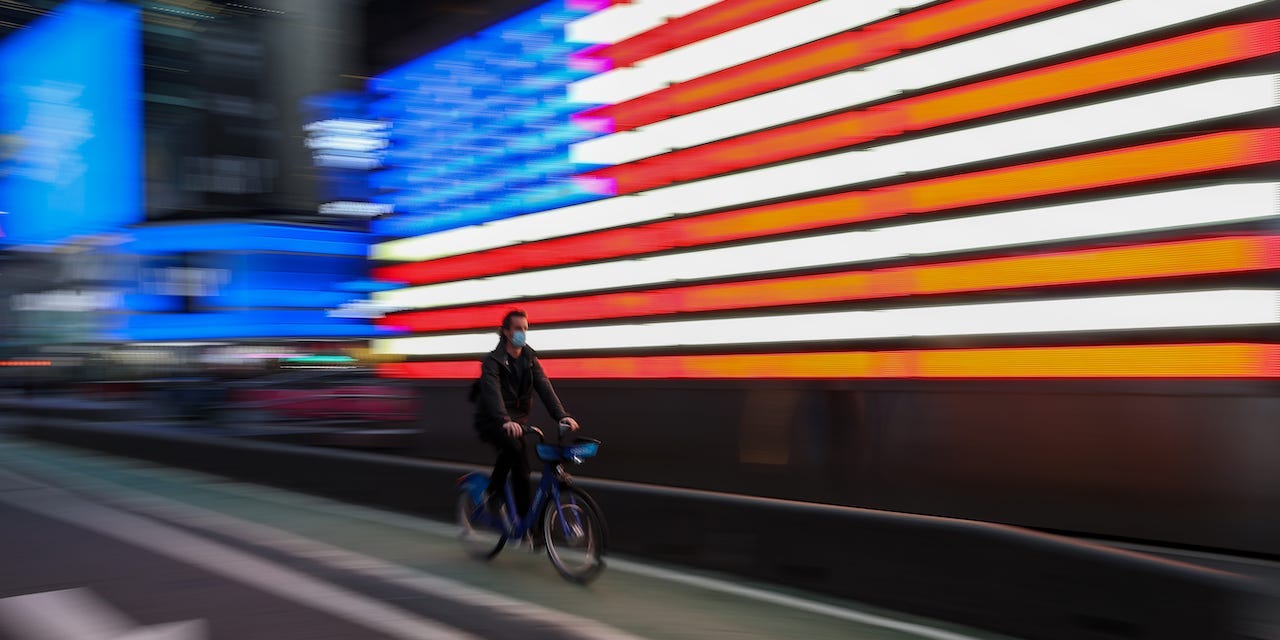
Tayfun Coskun/Getty Images
'Don't do it here'
Experts say safety concerns are the top reason Americans are hesitant or unwilling to ride a bike, or in some cases even walk.
"Fear of cycling because of proximity to cars, and just feeling unsafe doing it, is the biggest barrier to cycling for not just Americans, but populations all over the world," Noa Banayan, director of federal affairs at People for Bikes, told Insider.
Americans have particular reason to be concerned. The US has an abysmal record when it comes to road safety. Over the last 20 years, roads have gotten safer for drivers and passengers, in part because cars have gotten larger, but have simultaneously become much more dangerous for cyclists, pedestrians, and motorcyclists. Preventable bicyclist deaths have increased by 44% in the last decade, the National Safety Council reported.
Trucks are especially dangerous to cyclists and pedestrians. About 11% of cyclist deaths are in crashes with trucks. But the trucking industry has refused to adopt a slew of safety measures, including guards on the sides, backs, and fronts of large trucks, Zach Cahalan, executive director of the Truck Safety Coalition, told Insider. That likely won't change without a government mandate.
"There's currently no safety features that are required that are going to help make a difference between an 80,000 pound truck and a pedestrian or a cyclist who is struck," Cahalan said.
A bill named after Sarah Langenkamp — a US diplomat who was killed when a semi-truck hit her in a bike lane in Bethesda, Maryland — would unlock additional federal funding for bike and road infrastructure.
Road safety is relatively popular in Congress and beyond. But when it comes to actually building bike lanes and reducing speed limits, a certain NIMBY - or "Not In My Backyard" - mentality pervades, Roskowski said.
Critics will say, "'Yes, of course people should be safe riding bikes. Of course, we want more people to ride bikes. Just don't do it here. Don't mess with my driving and absolutely don't mess with my parking,'" she said.
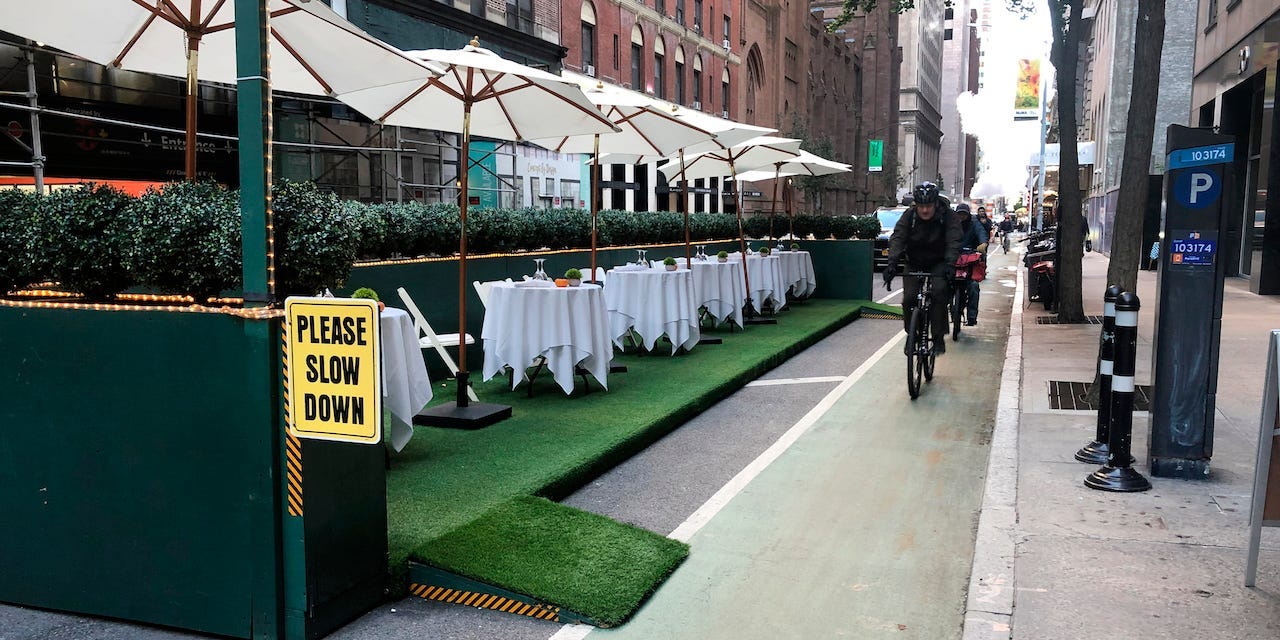
Lindsey Nicholson/Getty Images
Electrifying bike transport
Advocates for e-bike tax credits say they reduce the number of car trips people take, cutting emissions and congestion, and boosting public health. For lower-income people, e-bikes can also offer a much more affordable alternative to a car. And for those who aren't already bicyclists or who wouldn't otherwise travel by analog bike, e-bikes can be more accessible. Their popularity has soared in recent years.
"The rise of the e-bike is meaningfully displacing car trips," Rachel Hultin, sustainable transportation director at Bicycle Colorado, told Insider. "When you see someone on an e-bike, you're seeing somebody who would otherwise be in a car."
The powerful auto industry and its well-paid lobbyists have pushed hard for federal subsidies for electric vehicles. Cyclists don't have as much sway in Washington. As a result, the 2022 Inflation Reduction Act included $7,500-per-vehicle tax credits for electric cars and trucks, but no rebates for bicycles.
A Democratic staffer told Insider the provision offering tax credits for e-bikes "fell victim to Manchin's whims" as the legislation was finalized in the Senate.
With Republicans in control of the House, it's even more unlikely the E-BIKE Act will make it through this Congress.
But advocates are continuing to push for subsidies. Grilley argued that e-bikes offer a viable alternative to cars in places where mass transit is scarce. In Rochester, Minnesota, the Mayo Clinic is significantly growing its headquarters workforce, but the city doesn't have the parking space to accommodate thousands of additional cars. But it could accommodate e-bikes.
"They're adding tens of thousands of people and it's in an old downtown," he said. "They're building more, but they can't get 10,000 more cars into downtown."
Martha Roskowski, a Boulder, Colorado-based transportation consultant who attended the DC Bike Summit this week, said she's largely abandoned her road bike in favor of a new cargo e-bike.
"It's beefy enough that I can carry a kid — I have high school twins — so I can carry a kid on the back, or I can carry lots of groceries," she said. "My poor daily commuter bike just sits in the garage because I just whip around on my e-bike all over Boulder."
Read More
By: [email protected] (Eliza Relman)
Title: Bicyclists are getting killed on American streets, and they want Congress to fix it
Sourced From: www.businessinsider.com/bike-safety-policy-bicyclists-killed-streets-asking-congress-for-help-2023-4
Published Date: Sat, 01 Apr 2023 11:20:00 +0000
.png)
